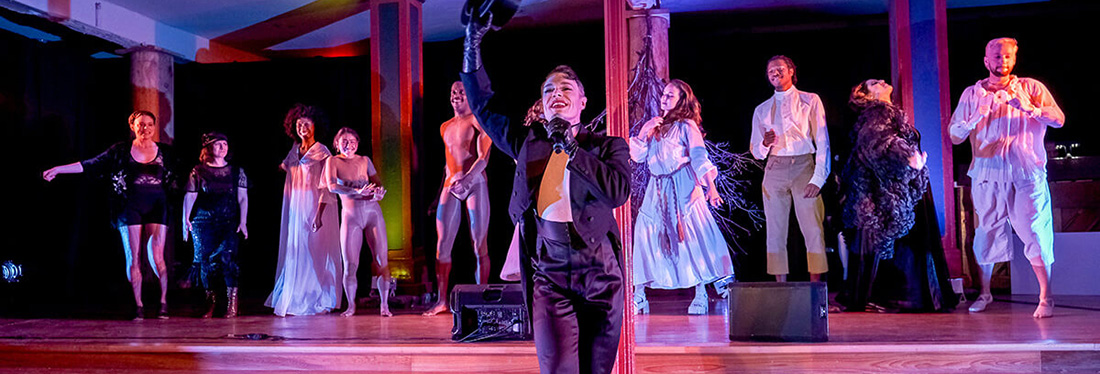
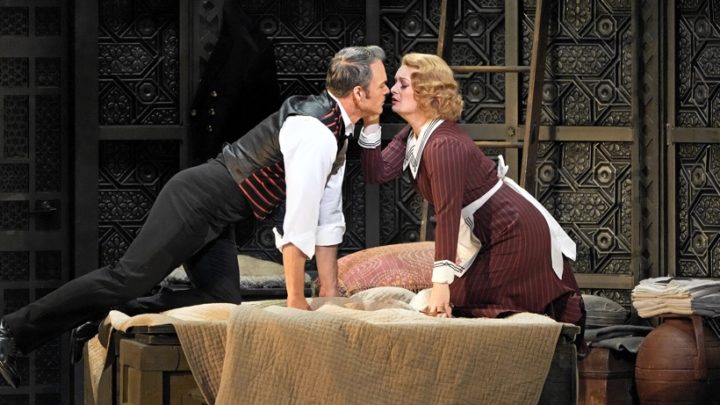
He led a buoyant account that resulted in an irresistibly cohesive performance of the always-miraculous score. His bracing yet always apt tempi made the three-and-a-half hours fly by with an alluring transparency which allowed for some gorgeous wind-playing by the inspired orchestra.
I attended the Opening Night premiere of Sir Richard Eyre’s new Nozze production; it fell flat, despite superb portrayals by Marlis Petersen and Peter Mattei as Susanna and the Count. The late Music Director’s usually fine touch with Mozart eluded him, and Eyre’s 1930s vision which consciously evoked the then-current hit television series Downton Abbey felt heavy and over-busy.
This time around, overseen with a lighter touch by revival stage director Paula Williams, the whole emerged much more relaxed and appealing though Rob Howell’s enormous trellised, revolving set remains a dark ugly eyesore.
Isabel Leonard, the only veteran of that 2014 premiere, returned yet again as the randy page. The final performance of this series on January 28 (several weeks before her 40th birthday) will be her 40th Met Cherubino, so maybe a good time to drop the role.
Her plush mezzo has grown bigger and darker, and her once charming portrayal has now become overdone gawky schtick. On the other hand, Erika Baikoff, her sweetly unaffected Barbarina, gave notice that one should watch for this member of the Lindemann Young Artist Development Program.
Of the three interfering conspirators, Maurizio Muraro as Dr. Bartolo sounded robust and rested and altogether better than I’ve heard him in ages. The same could not be said for the usually robust Elizabeth Bishop as Marcellina or Giuseppe Filianoti. whose lately reimagined career as a character tenor isn’t going so well. based on Saturday’s matinee.
However, Filianoti’s handsome, much younger-than-usual Don Basilio brought a surprisingly erotic frisson to the first-act trio with Susanna and the Count. Adam Plachetka’s often seething and brutal interpretation of that nobleman made it even harder than usual to root for the Countess’s unshakable devotion to her lecherous husband.
The Czech singer has become a near-ubiquitous presence in the Met’s Mozart-da Ponte performances since his debut as Masetto in 2015, but I usually find little pleasure in his inelegant style and gritty bass-baritone. Admittedly he was often riveting as the Count, and one did feel that he might really do violence to his wife during their anxious second-act confrontation.
Returning to the Met after more than six years, the strapping (yes, that adjective can now be rehabilitated) Mckinny brought a warmer, rounder bass-baritone to his energetic Figaro. What his schemer lacked in pre-revolutionary danger, he made up for in good-natured wiliness and a palpable affection for his busy fiancée. His fleeting suspicions about her revealed themselves in a fiercely biting “Aprite un’po quegli occhi.”
Ideally, there would have been more vocal contrast between Mckinny and Plachetka, but one was delighted to discover another side to the former’s artistry beyond the Britten/Wagner repertoire he had previously sung at the Met.
Some may have wondered about the casting of Schultz. Although I imagine the South African soprano would also excel as Susanna, her youthful and vibrant Countess made a welcome change from the dignified grande dame approach one often encounters. One felt little time had passed since she was the minxish Rosina one encountered in Il Barbiere di Siviglia.
Schultz had exceeded my expectations with her marvelous Agathe in the Dmitri Tcherniakov Der Freischütz streamed from Munich last year, and her fresh, golden soprano reveled in the pathos of “Porgi amor” and the melancholy, then hopeful “Dove sono.” Her wistful forgiveness of the (unforgiveable) Count was sublime.
If one also wanted more contrast between her and Crowe, they blended ravishingly in the Letter Duet. While Schultz’s soprano displayed an attractive fast vibrato, Crowe’s beguiled with a purer glow. Her sexy, industrious Susanna paired with Mckinny’s besotted Figaro made the pair instantly sympathetic.
Despite singing scads of music all afternoon, any Susanna is inevitably, if perhaps unfairly, judged by her “Deh vieni, non tardar” in the final act, and Crowe’s was heaven-sent, slyly seductive and tenderly wrought.
Lucky New Yorkers will have more opportunities to catch both Schultz and Crowe after the Nozze run. Next month, the former will perform Richard Strauss’s Brentano-Lieder with the New York Philharmonic,, before returning to the Met for Anne Trulove in The Rake’s Progress.
After her acclaimed Morgana in Alcina in both Los Angeles and Berkeley last fall, Crowe performs more Handel in early May at Carnegie Hall, this time Romilda in Serse.
Photos: Ken Howard / Met Opera
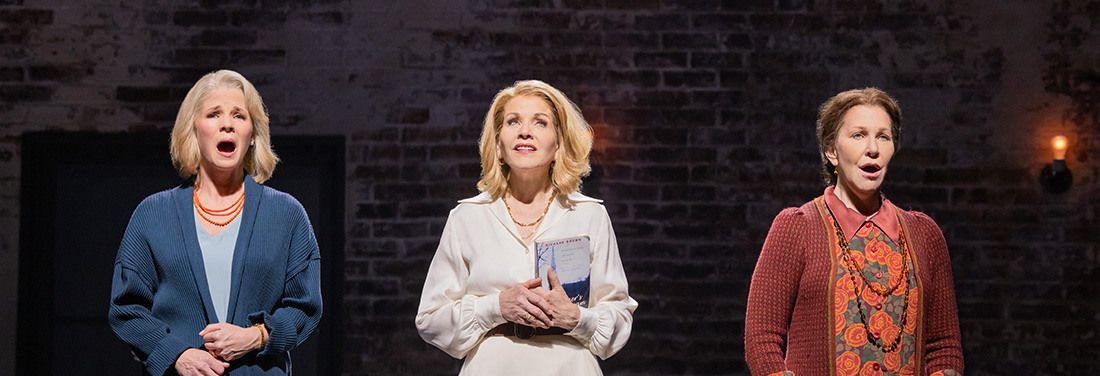
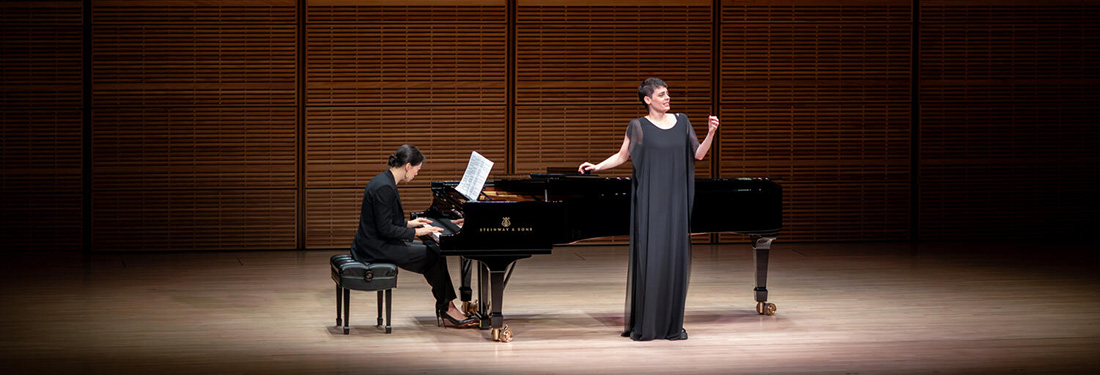
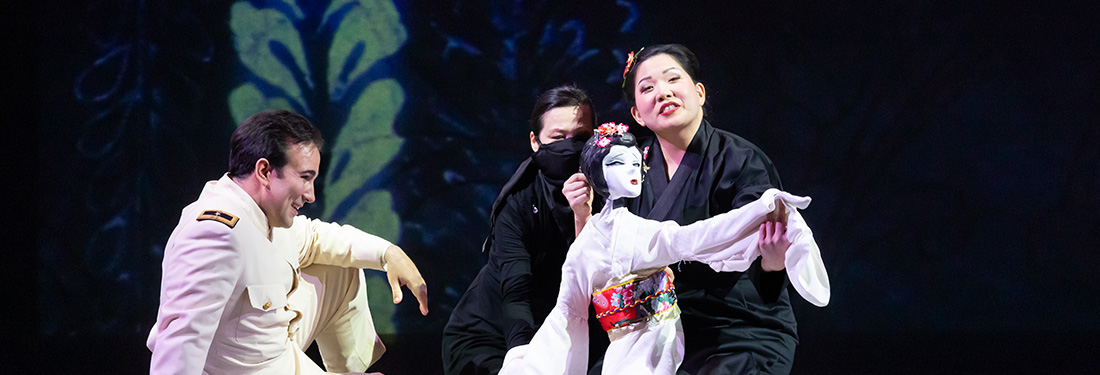

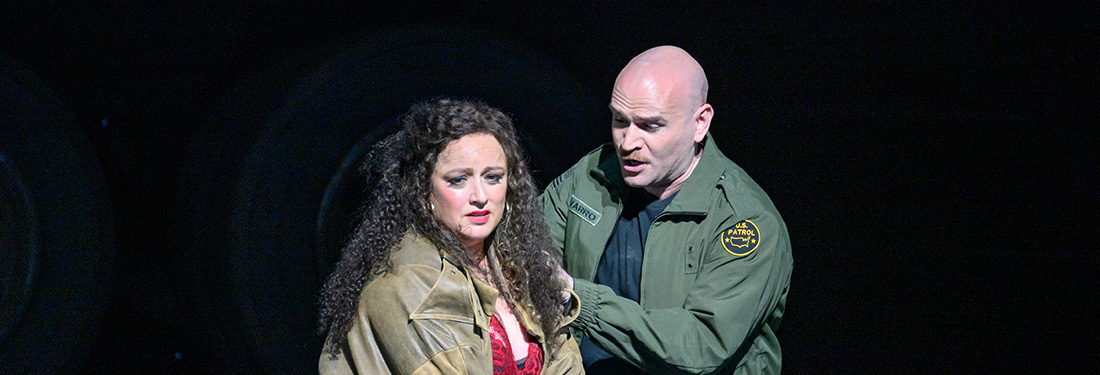
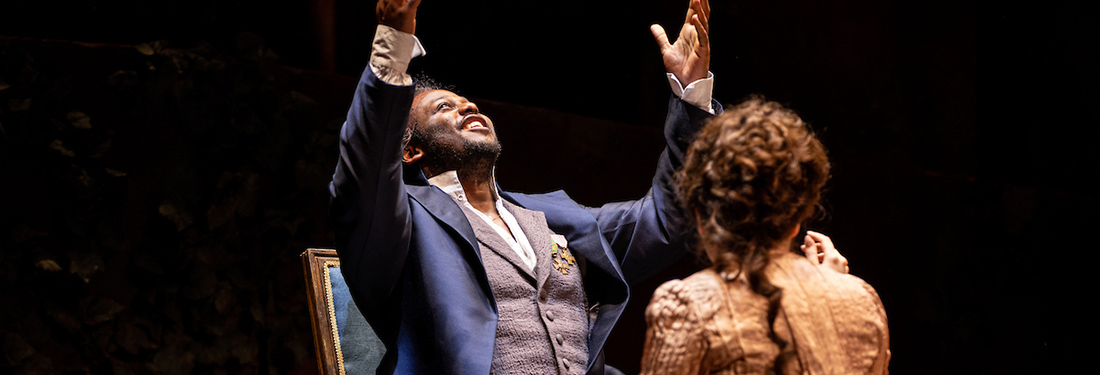
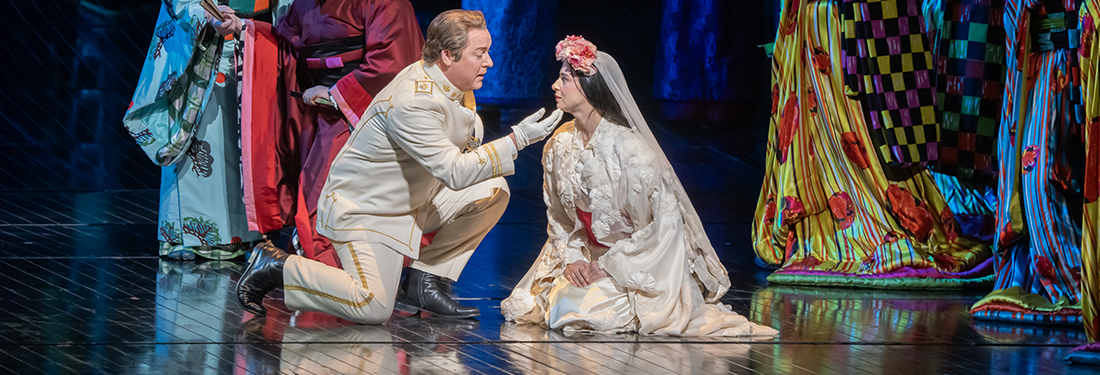
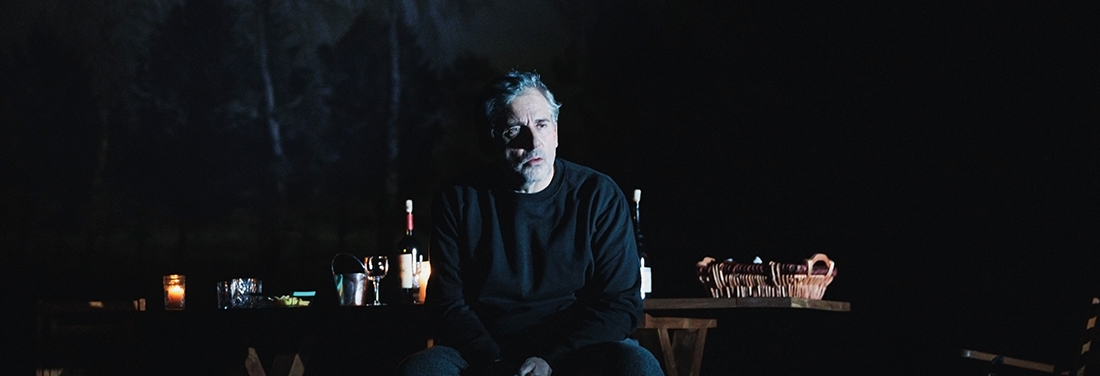
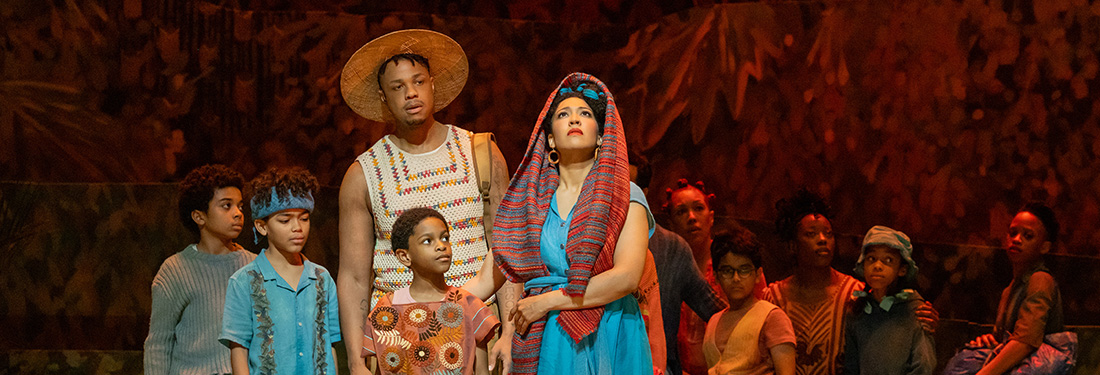
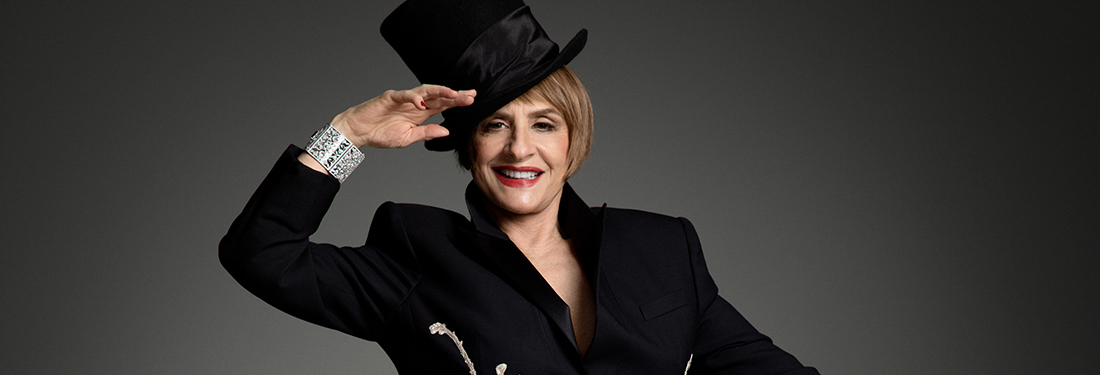
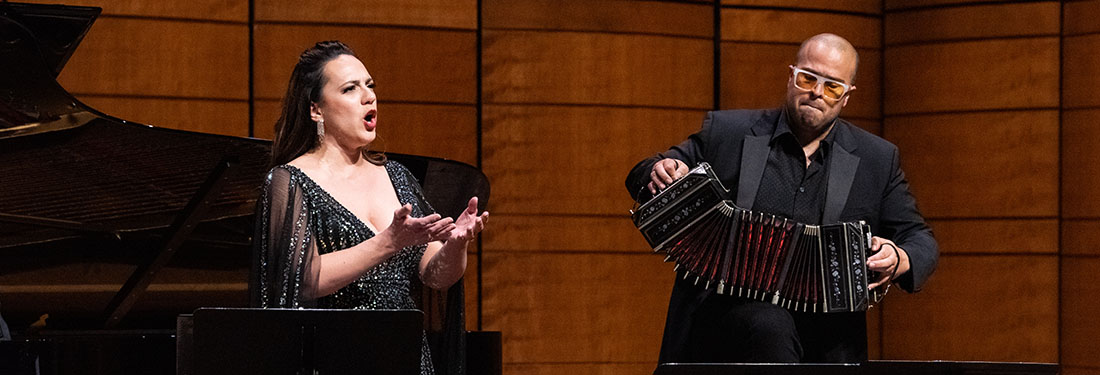
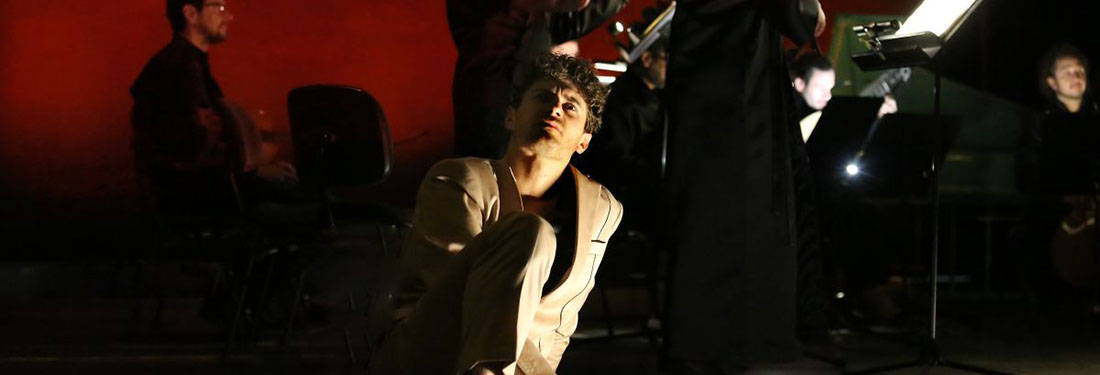
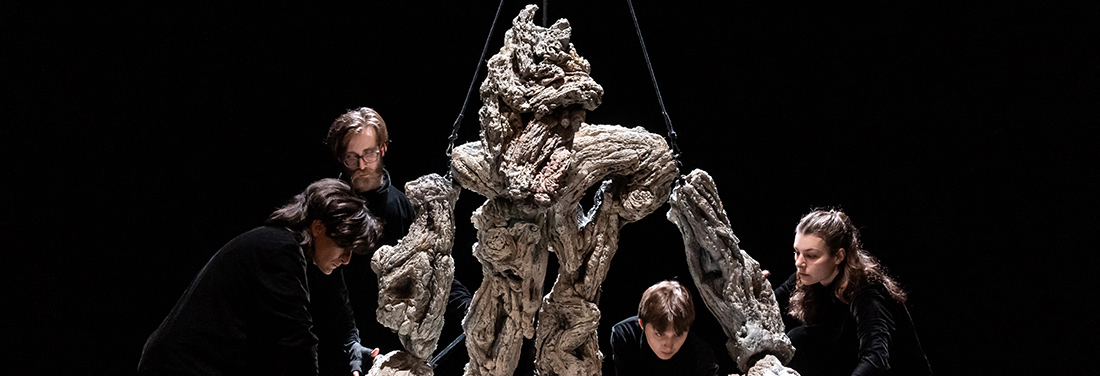
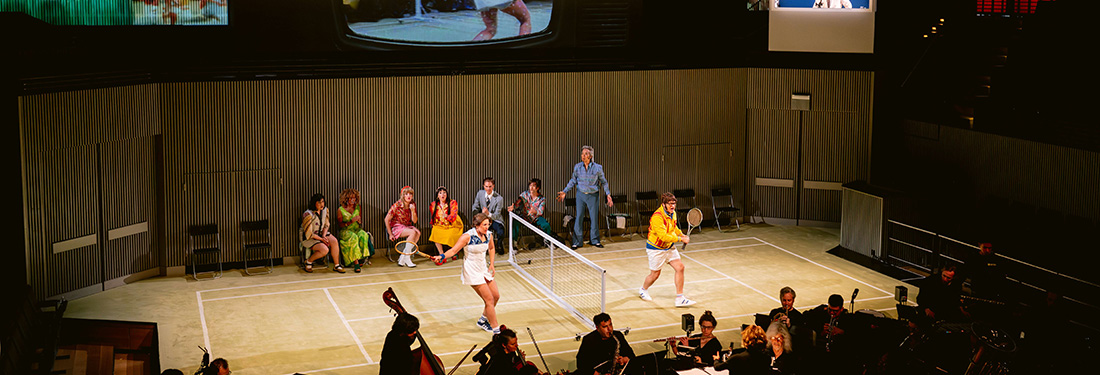
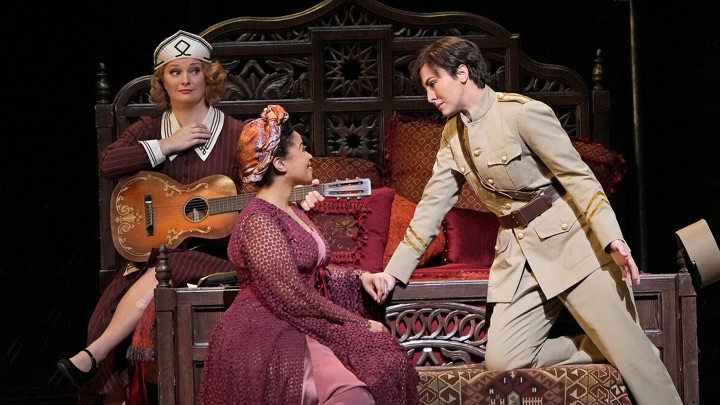

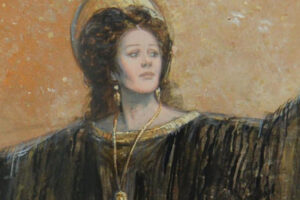

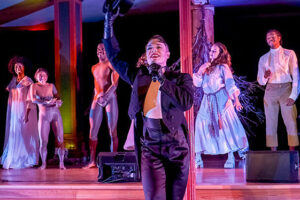
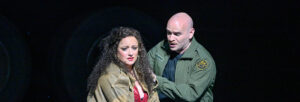




Comments